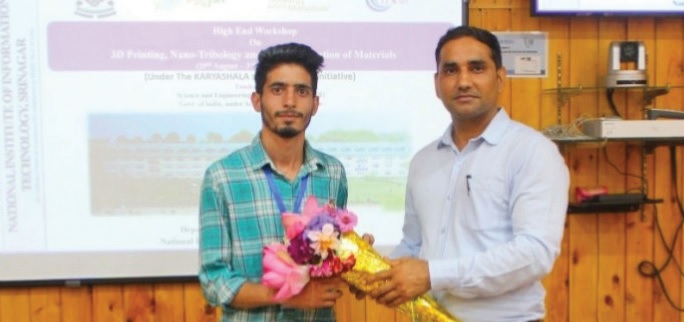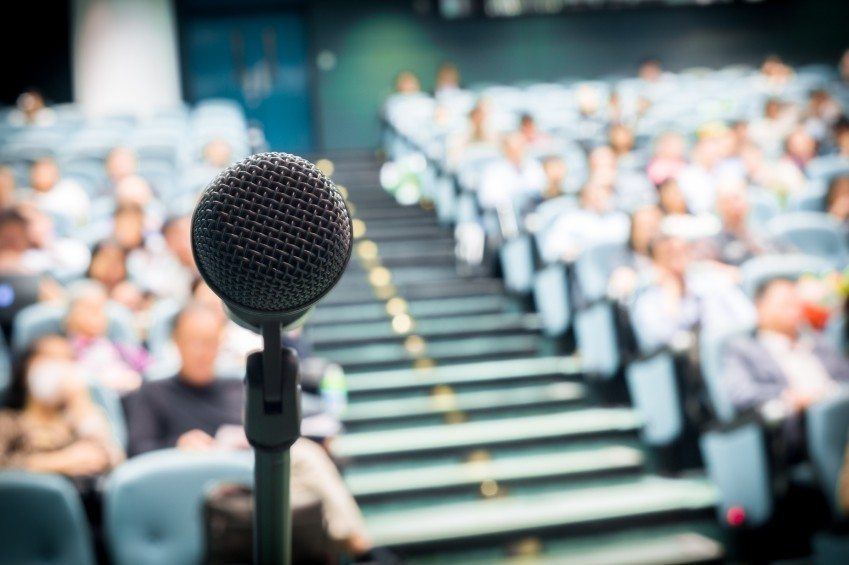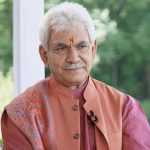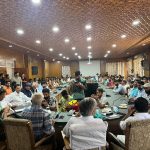Ajaz Hussain, an innovator from Srinagar, has given hope of self-dependency to the persons with mobility disorders by making a number of innovations that provide support to such patients.
Believing that people with disability disorder will no longer be a burden on others, he said, “Future is all about artificial intelligence. Such patients can control the day- to-day activities with the help of their brain and not be a liability on anyone.”
The prototype of the innovations made by Ajaz, functions on the principle of Brain Computer Interface (BCI). Brain-computer interfaces (BCIs) acquire brain signals, analyze them and translate them into commands that are transmitted to output devices to carry out desired actions.
One such innovation is Soft Robotic Glove. In conventional therapy, the therapist assists the patients. The patient’s involvement in such therapies is low due to the day-by-day repeated passive training.
The glove is a BCI enabled device for neuro-rehabilitation and is based on haptic feedback. This technology will enable the human brain to converse with the glove by transmitting signals via Neurosky headset to the glove. The internationally approved therapies are embedded with the glove.
“It replaces the role of physiotherapist. The headset has sensors, which is worn by the patient and captures the brain signals. It will monitor the activity of the brain and translate them into commands that operate the glove which can help them in doing exercises. It has been proven that such robot assisted active training is more effective than passive methods and can enhance therapeutic effects,” he said.
Soft Robotic Glove is made by him and other 3 mechanical engineering students- Avinash, Malik Arsla and Arbina under the guidance of Dr. Sandeep Rathee, assistant professor, Department of Mechanical Engineering of National Institute of Technology, Srinagar. The innovation is funded by MSME (Ministry of Micro, Small & Medium Enterprises).
Controlling electrical appliances can be difficult for people with paralysis. BCI can enable such people to directly operate any electric device.
He devised a Home Automation where a paralyzed patient can control all the electric appliances with the help of their brain. Currently he has made a model which looks like an extension box on which all the electric appliances are connected.
“Proposed system works by translating different patterns of brain activity into commands in real time. The brain wave sensor will sense brain signals and it will convert the data into packets and transmit through Bluetooth. Then the control command will transmit to the relay circuit. With these entire steps, the system can control any home appliances through brain signals, which are connected to the main circuit,” he said.
The whole package for 6 plugins will cost less than 10,000. It can be used by fully paralyzed patients.
“For patients with paralysis, assistive technologies can be of great help in being self-dependent. On consulting a number of doctors for my projects, a doctor suggested that I make something for such patients which can make them more self-dependent so I came up with the idea of making a bed,” he said.
The paralyzed patients while in the static position for a longer time can restrict the flow of blood in their body which can lead to the stiffness of muscles, tropical ulcer and even cardiac arrests. The bed is also brain computer enabled.
“There is a box attached under the bed where everything is embedded for every task. The bed also rotates 90 degree and provides support to the patient.”
He said, “By combining all the systems together, we can make something good for the patients that are fully paralyzed and that too on the low cost. The better medical facilities should be affordable to all the people.”
He further said that while making the innovations, he had to consult the doctors many times because any further change in the device can have an impact on the patient.
“I have consulted doctors at every step in the making and experts have shown a good response towards my innovations,” he said.
Ajaz’s innovative temperament is not limited to innovations only, he wants younger generations to get involved in the atmosphere of innovations.
To create the science, robotics and technological awareness among the younger population, he along with his friend, Naveed have opened a club, F1 Tech Club. The club has members from the university and colleges of Kashmir and some members from the foreign places and also from the reputed universities of India.
He said, “One needs to pay attention towards the medical and health sector. The innovations related to medicine are very less as compared to other fields and we need to make good health accessible to all people regardless of their status.”
Ajaz is currently pursuing Bachelors in Computer Applications.








